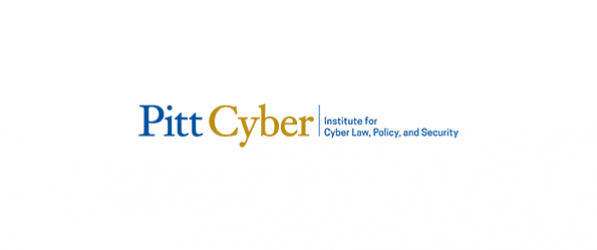This week, we’re reading about leaks from a Chinese hacking firm, open-source AI trade-offs, a new Executive Order on foreign transfer of Americans' data, and polling data on the nation's trust in electoral processes.
Chinese firm’s leaked files show vast international hacking effort - The Washington Post
The fact that China is engaged in massive cyber hacking is no surprise, but the leak from Chinese hacking firm iSoon is still noteworthy in the scale of the enterprise it reveals. The Washington Post reports that the leaks show how "China’s model of mixing state support with a profit incentive has created a large network of actors competing to exploit vulnerabilities and grow their businesses."
Biden Acts to Stop Sales of Sensitive Personal Data to China and Russia | The New York Times
It's far from a full-fledged data privacy law, but national security concerns have prompted a White House Executive Order that will prohibit the transfer of Americans' data to hostile foreign countries.
Bans on deepfakes take us only so far—here’s what we really need | MIT Technology Review
With the NTIA soliciting comments on open source AI, this article on how open source models undermine efforts to crack down on AI deepfakes illustrates the complexity of the question at hand. On the flip side, open source AI diversifies access to the technology and fuels innovation – be that used for good or ill.
To ‘Save Local News,’ Policymakers Need to Understand What Needs Saving | TechPolicy.Press
This piece reviews legislative efforts to prop up journalism under increasingly challenging market conditions and finds them lacking, inclined as they are to favor larger, established outlets. Acknowledging that "the market economics of local news no longer work," the author urges investment in programs that fund public interest media. Also worth a look is the predictive model from Northwestern's State of Local News Project on emergent news deserts.
US leading global alliance to counter foreign government disinformation | Cyberwar | The Guardian
The newly announced US/UK/Canada framework for jointly combatting online misinformation illustrates an increasingly cautious U.S. approach amidst political and legal challenges to prior efforts to crack down on disinformation. Labeling Kremlin created propaganda as such seems a low bar, but given Congressional attacks that the State Department's Global Engagement Center is facing, it's not entirely surprising.
Who Voters Trust for Election Information in 2024 | Bipartisan Policy Center
Amidst worries about the degradative impact of AI on elections, this report from Bipartisan Policy Center offers some informative poll data. Some highlights:
- 65% of respondents are very or somewhat concerned that there will be an attempt to overturn the results of a fair election;
- 74% of voters are confident about an accurate count of votes in their community but only 64% when considering the country as a whole;
- National television (43%), social media (36%) and local/regional television (34%) top the list of information sources that voters user to learn about elections.

